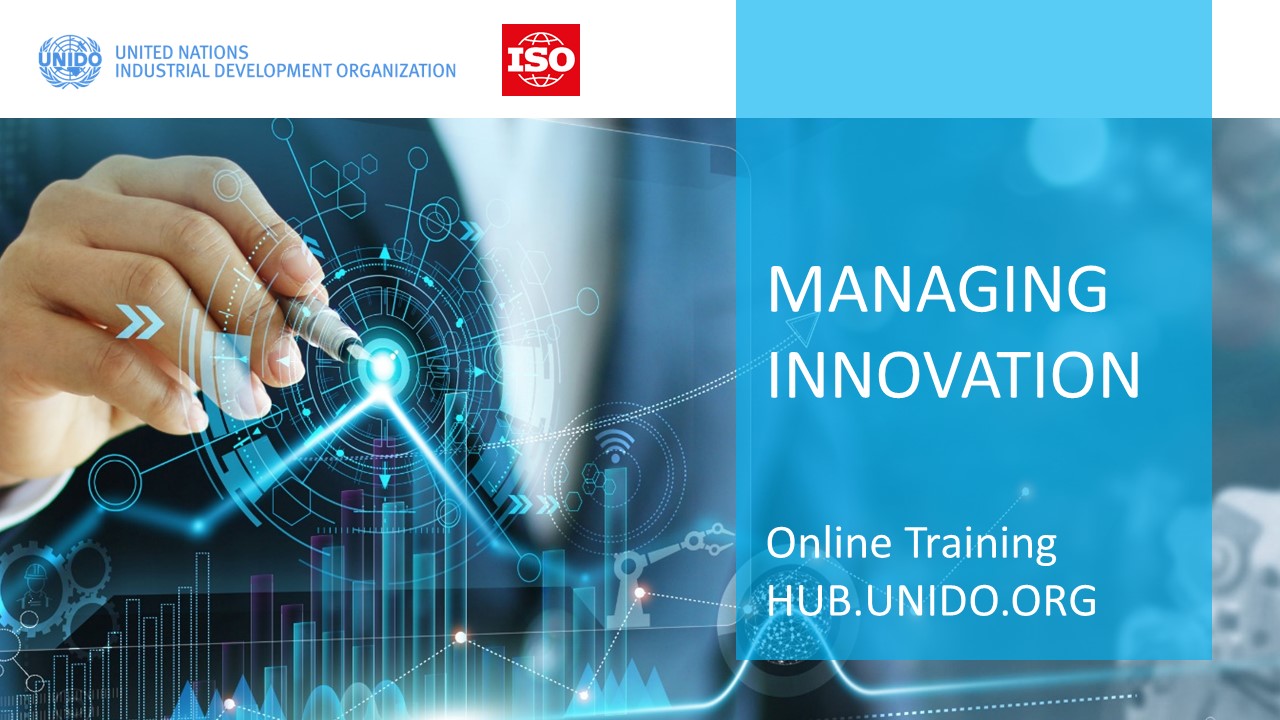The importance of innovation is reflected in the United Nations 2030 Agenda for Sustainable Development. Sustainable Development Goal 9 specifically highlights the strong interrelations between industry, innovation and infrastructure, as industry is an important source of innovation, providing the technological solutions for environmentally sound development. Innovation is integral to a country’s performance as a key driver of economic transformation, and for developing countries, in particular, unleashing their innovation potential can facilitate their transition to the digital economy.
For most organizations, innovation is not an option—it has become key for reaching desired business sustainability within a rapidly changing world. However, a significant number of executives, business owners and entrepreneurs are dissatisfied with the results they are obtaining in this field. Most of them struggle to manage innovation effectively.
Aware of this challenge facing organizations worldwide, the International Organization for Standardization (ISO) published the standard ISO 56002:2019 Innovation Management System – Guidance, setting the best practices to manage innovation activities effectively. This guidance document helps provide a way forward for managing innovation in all kinds of organizations, and especially in small and medium-sized enterprises (SMEs).

The training presents the ISO 56002:2019 Innovation Management System – Guidance standard as a guiding tool to design, implement, maintain and continuously improve an innovation management system. It also presents knowledge to improve the performance and effectiveness of any innovation project, the principles forming the foundation of a sustainable innovation management system and the actions that can be taken to deploy them throughout an organization.
The seven training modules showcase the components constituting an innovation management system, while demonstrating how they are articulated with a holistic approach.

Module 1: Introduction to Innovation, Innovation Management & Innovation Management Systems
- Learn the significance of innovation, innovation management and innovation management systems (IMS)
- Comprehend why innovation management has to be addressed with a holistic approach
- Understand the principles underlying the foundation of an IMS
- Know the existing standards that can support the IMS implementation process
Module 2: Introducing Four Critical Elements for an Effective Innovation Management System
- Learn the importance of determining the internal and external context for a successful innovation
- Comprehend the importance of understanding the needs and expectation of the organization’s interested parties
- Identify the factors (hard & soft) required to develop an innovation culture
- Learn when and how to develop innovation partnerships
Module 3: Aligning Innovation with an Organization’s Strategy
- Understand the role and responsibilities leaders have in building and inspiring innovation
- Learn how to define a value proposition
- Learn how to set up an innovation vision and strategy aligned with the overall organization strategy
- Understand the value of setting up a balanced innovation portfolio
Module 4: Creativity - The Spark & Fuel to Innovate
- Learn about the phases of the creative process and the purpose of each of them
- Be made aware of the techniques that could be used in each phase to ensure the effectiveness of the idea generation process
- Understand the competences, tools, methods and resources needed in each phase
Module 5: Transforming Intent into Value
- Understand the activities required to transform an intent into value
- Learn about the inputs, output and activities related with each phase
- Be made aware of the challenges in each phase
- Identify the competences, tools, methods and resources needed in each phase
Module 6: Supporting Innovation Activities
- Identify the resources needed for an effective innovation management system
- Learn about the competences required to carry out the different innovation activities faced in each phase
- Understand the role of intellectual property and strategic intelligence in an innovation management system
Module 7: Assessing the Performance of the IMS
- Identify the key innovation metrics and innovation performance indicators required to measure, monitor and assess the performance of the IMS
- Understand why an assessment of the IMS performance is required to achieve a sustainable IMS
- Define the mechanism of continuous improvement within an IMS
